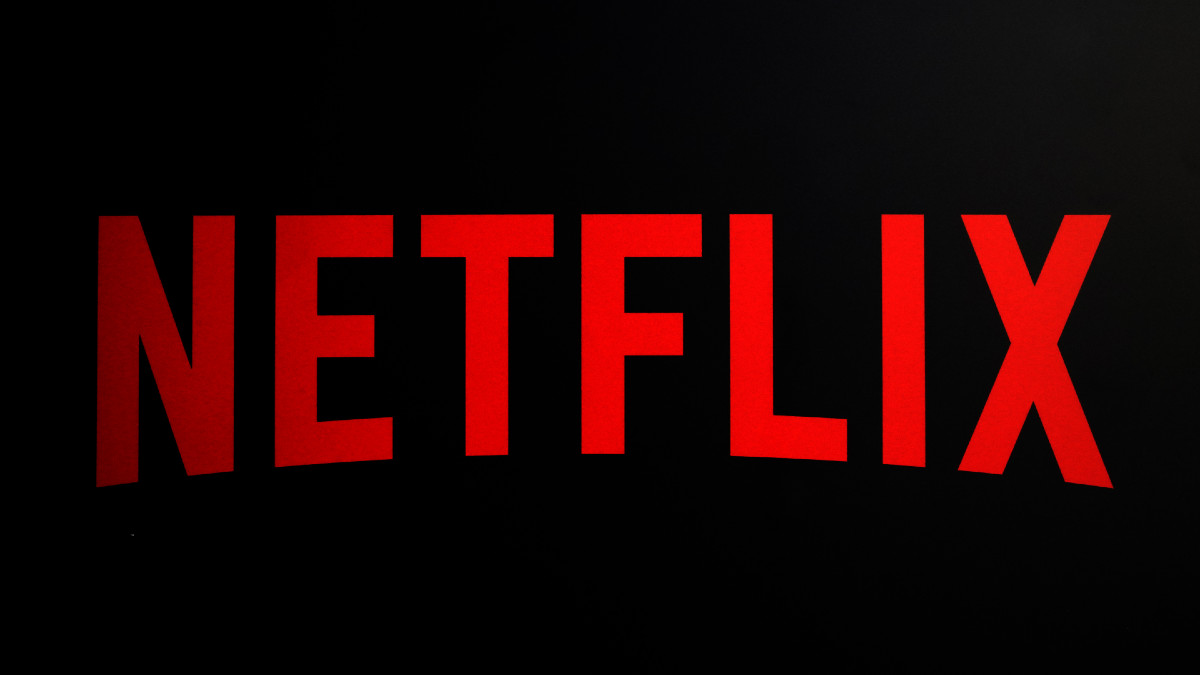Hold onto your rear ends, because Netflix is back again with its latest hot take on what the word “household” means, and why it’s pure evil to share your password with your significant other. The streaming service announced another set of new “features” that will keep its users from accessing service outside of their respective households. And now it’s wait and see whether consumers accept the changes lying down, or cancel Netflix in every definition of the word.
The new policy will affect international subscribers in Canada, New Zealand, Portugal, and Spain similarly to how users in Latin America have been affected. According to Netflix’s press release, users now have “greater control over who can access their account” — an interesting spin on a “feature” that no one but the higher-ups at Netflix were interested in. Essentially, Netflix will require subscribers to set up their “household,” and then restrict the use of the account strictly to the members of said household. Users will be able to access the service via password but only if they belong to the specific household — if they are identified as not belonging, service on the device is blocked.
love is dead https://t.co/aO2ZEkDfDB
— Jill_Krajewski on IG (@JillKrajewski) February 8, 2023
Members can pay extra — roughly $5 to $6 monthly, depending on the country — to extend their “household” to include other members, but that doesn’t seem to be making users in the latest four countries experiencing the password-sharing stamp-out feel any better. A few users have already resurrected Netflix’s 2017 tweet that “Love is sharing a password” — a tweet that’s getting a lot of use as Netflix continues to grasp at ways to secure income.
Just give up. There is no spinning this positively and you are going to look awful no matter what. There’s no confusion here, it’s very clear what you are doing and people do not like it. Just accept you are going to lose more customers and deal with it.
— DSP the DIE-HARD SPORTS FAN! (@TheyCallMeDSP) February 8, 2023
The new “features” are less draconian than those that were leaked prematurely a few weeks ago, which seemed to restrict users to access the service through a single IP address. But the company still appears to be facing backlash from a customer base that has spent years being untrammeled by any sort of sharing restriction.
If the policy changes only serve to cause more users to abandon the platform, Netflix could end up even worse off than before — and forced to start trimming back the original content that drives much of its traffic. The company has placed itself firmly between a rock and a hard place, and only time will tell whether sticking to its guns or conceding to consumer demand will lead to the company’s survival.

